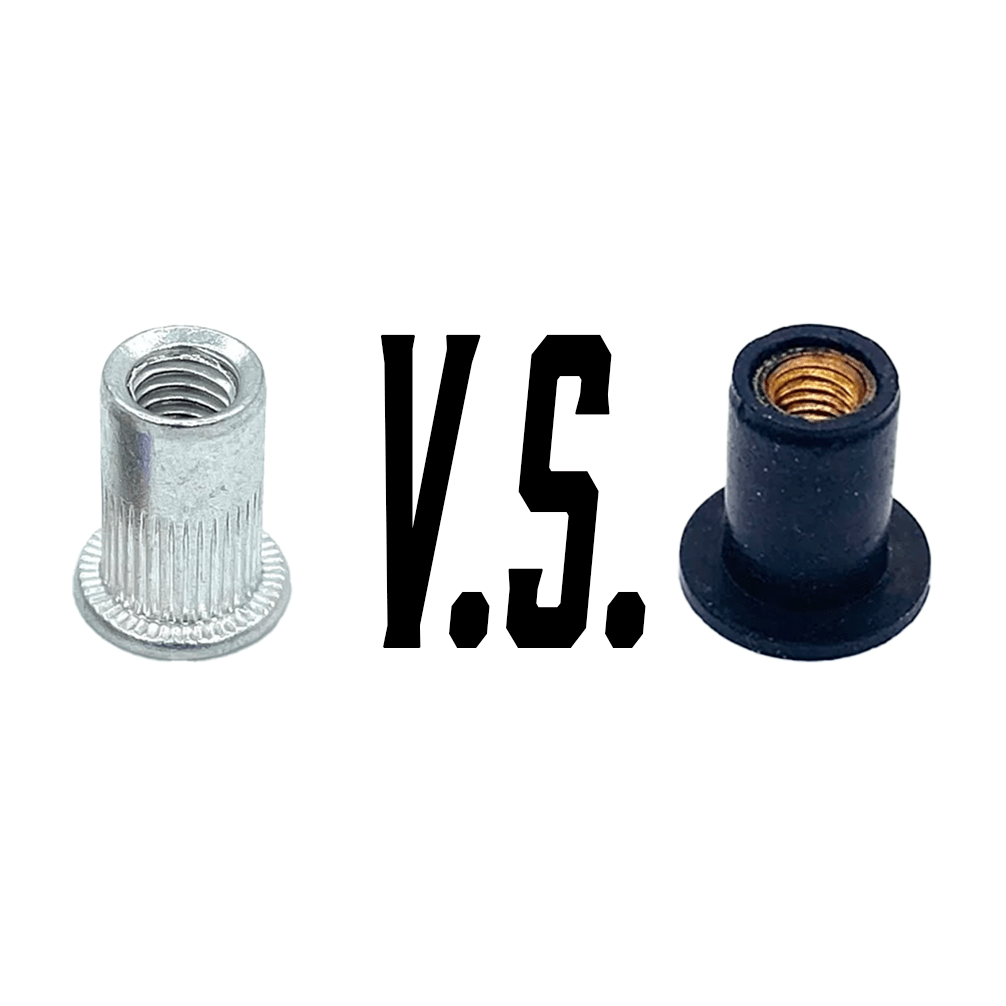Introduction
Titanium is an incredibly strong metal that has been used in the automotive industry for some time. It's used as a lightweight replacement for other heavy metals, which helps reduce vehicle weight and improve fuel economy—and it can also be used in other automotive components such as exhaust systems and brake calipers, heat shields, and hardware. Titanium auto parts are made either through casting or forging processes, depending on their function and shape. Titanium is not only strong but also corrosion-resistant, which makes it an ideal material for use in vehicles exposed to harsh environmental conditions like saltwater or salty roads.
Titanium can be expensive, however; one reason is that the raw materials needed to create titanium auto parts aren't easily found in nature—they have to be mined from remote locations like mineshafts deep within mountainsides or deep ocean trenches. Due to this scarcity of supply, manufacturers often sell these high-cost parts as "limited editions" so they don't have much competition once they've sold out their stock! Another reason why titanium parts are more expensive than alternative materials is that they're more difficult to manufacture into finished products than competitors such as aluminum or steel: The process of creating each component requires precise calibration between temperature control systems and water pressure machines before casting begins (this process takes anywhere from 24 hours up to six weeks), plus additional time spent machining pieces after cooling down; all combined with how rare this metal is means higher prices are inevitable unless demand goes down drastically someday soon (which doesn't look likely).
We'll start off by going over some common questions about titanium auto parts before getting into what kind of applications are best suited for them: What do you mean by "limited edition"? How much better is titanium than steel? And finally...when will prices go down? Stay tuned!
Titanium is a very strong element that is also lightweight, making it a great material for an automobile.
Titanium is a very strong element that is also lightweight, making it a great material for an automobile. Titanium is used in many applications and industries because of its strength-to-weight ratio. It's used in everything from aerospace to golf clubs and even hip replacements!
The composition of titanium is unique and offers several advantages over other materials for auto parts.
Titanium is a unique metal. It has a number of properties that make it an excellent choice for auto parts, though they also make it more expensive than some other materials and more difficult to work with.
Titanium is a transition metal, which means that its atoms have three d-electrons instead of two like the majority of metals. Because titanium has one extra electron in its outermost layer (the valence shell), it has a strong affinity for other elements; this makes it very hard for oxygen, water, and other elements to combine with titanium. This makes titanium resistant to corrosion and rusting, but also results in less ductility than other alloys such as steel or aluminum
Titanium is such a strong element that it takes work to get the product to its final form.
Titanium is such a strong element that it takes work to get the product to its final form. While titanium is often thought of as a metal, it’s actually an element and can be found in both minerals and rocks.
Titanium has many qualities that make it useful for manufacturing products: it’s lightweight, resists oxidation, can resist high temperatures and extreme weather conditions (such as heat or cold), doesn't rust easily, and doesn't tarnish like silver does! It can also be mixed with other metals like aluminum if you want more flexibility or strength in your material.
The light weight of titanium helps with:
Titanium is a lightweight metal that improves fuel efficiency, handling, and braking. The light weight of titanium helps with:
-
Improved acceleration - Titanium is lighter than most steels, so it takes less energy to accelerate the vehicle.
-
Improved safety - Titanium is stronger than steel so it can better withstand extreme forces from crashes or impacts.
When it comes to bolting or connecting components within an automobile, titanium's high strength and low density can improve vehicle performance.
Titanium is a metal that is stronger than steel and lighter than aluminum. When it comes to bolting or connecting components within an automobile, titanium's high strength and low density can improve vehicle performance.
This material is also used in other industries like aerospace and defense because it has excellent corrosion resistance. It can be used on cars without any maintenance for up to 10 years without rusting or corroding even after being exposed to the elements like the salty ocean air at the beach where I live! This means you don't have worry about replacing those rusty bolts every few months which adds up after a while especially if you're an enthusiast who loves doing your own repairs yourself instead of taking them into your local mechanic shop every time something breaks down unexpectedly during trips away from home due either lack knowledge or experience working with these types of tasks (which happened often when I first got started).
Titanium breaks down slower than most metals, which means the components will last longer than those made from other materials.
Titanium is a very strong element that is also lightweight. Titanium has a high strength to weight ratio, which makes it ideal for manufacturing auto parts because of its strength and ability to withstand impact. Titanium is also resistant to corrosion, which means it will not rust or corrode as quickly as other metals would under the same circumstances. Lastly, titanium is not as porous as other metals; this helps prevent molds and mildew buildup on your car's interior, especially in the trunk area where dampness can be an issue.
Titanium offers some key benefits as a material for auto parts.
Titanium offers several advantages over other materials such as steel or aluminum. First, titanium is extremely resistant to corrosion. This means that titanium parts will not rust or corrode like steel or iron parts do, which allows them to last much longer than their counterparts without needing additional maintenance or repairs. As well, because of titanium's strength, less material needs to be used when creating an object using this particular metal—meaning it can be cheaper than other metals while still being just as effective (if not more so).
The composition of the element itself offers another major benefit: unlike most other metals on earth (including aluminum), pure titanium does not react with water—which means it won't rust!
Grades of Titanium Explained.
Ti 6Al-4V (Grade 5 Titanium)
Grade 5 titanium is one of the most common grades of titanium that you'll find on the market today. It's strong enough to be used in aerospace, automotive, and military applications but also lightweight enough to be used in other areas like sports equipment or jewelry. This grade is also resistant to corrosion and has excellent fatigue resistance properties compared to other grades which makes it perfect for use in harsh environments where there may be high temperatures or humidity levels present. Grade 5 titanium is most commonly used in automotive hardware when strength is important. It is a harder material to bend and usually has to be heated when forming a part with bends. Grade 5 titanium is also the easiest type of titanium to color by heat treatment or anodizing. When the product is properly finished, the colors are very deep and vibrant.
Gr2 Titanium
The Gr2 type of titanium is another common grade found on the market today because it has excellent corrosion resistance properties as well as having good strength levels which makes it great for use in many applications. Gr2 titanium possess good weldability, ductility, as well as formability. Gr2 titanium is used when a part must be bent to make the final shape since it bends easier and keeps its form without snapping. Gr2 titanium doesn't color as well as Grade 5 titanium without proper finishing and certain chemicals to bring the color out. When finished properly, the colors can be very similar to Grade 5 titanium, but are harder to achieve.
Why is titanium so expensive and when will the prices go down?
One factor that contributes to the high cost of titanium is its rarity. Titanium does not occur naturally on Earth in its pure form—it must be mined from other minerals such as rutile ore or ilmenite ore. Mining titanium ore is a difficult and expensive process because it often occurs at depths greater than 100 meters below ground level, where miners must use special equipment to extract it from the earth's crust. It takes about two tons of ore to produce one pound of titanium metal!
Another reason why titanium is so expensive is because it's difficult to process into usable products like stainless steel. The processing costs associated with this difficulty lead many companies to opt for less-expensive alternative materials instead (such as stainless steel) when making their products.
While you might think that the cost of titanium would drop as more people buy into it, the reality is that it's going to stay expensive for a long time. That's because titanium is so difficult to manufacture, which means there aren't a lot of companies who can do it well—and even fewer who can do it at all.
Conclusion
In conclusion, titanium auto parts are a great way to improve your car’s performance and longevity. They can help save you money on fuel costs, and they can even increase the value of your car if you ever decide to sell it. With so many benefits, why wouldn't you invest in some titanium parts?







Share:
The Truth Behind Carbon Fiber Delays
Measure Like a Pro: Step-by-Step Guide for Metric Bolts and Nuts